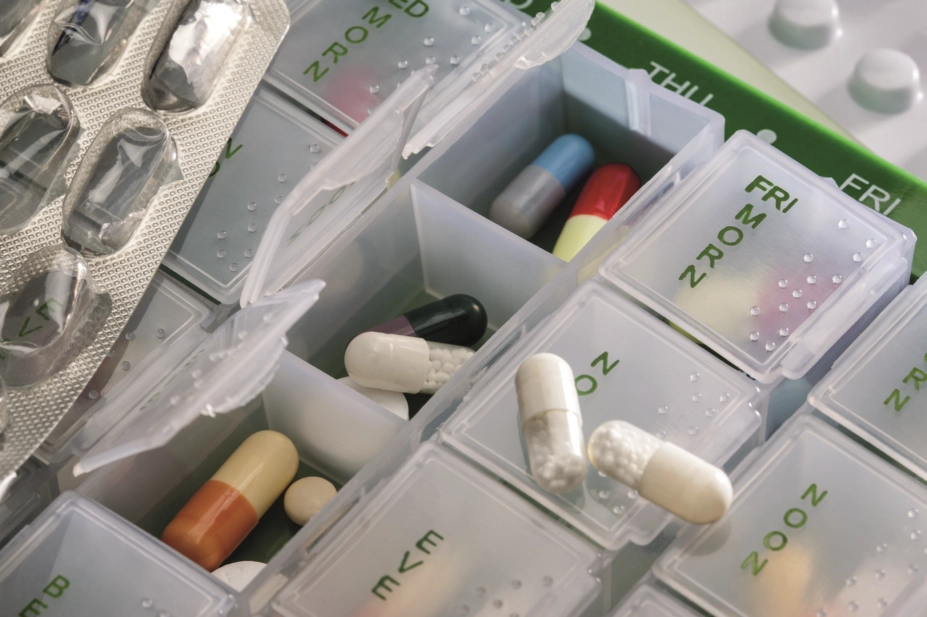
Shutterstock.com
Pharmaceutical companies have agreed to work together on improved ways to identify and monitor adverse drug reactions.
On 28 March 2018, the newly formed International Working Group on Signal Detection and Management in Pharmacovigilance held its inaugural meeting in London, attended by representatives from 20 companies and academic institutions, including Pfizer and Roche.
In pharmacovigilance terms, “signal detection” means interpreting and documenting data on adverse reactions. The data come from multiple sources, including clinical trials, literature reviews and spontaneous reports of adverse reactions.
The working group, which will be managed under the auspices of the Drug Safety Research Unit (DSRU) Centre for Methods and Evidence in Pharmacovigilance, an independent academic unit and registered charity aligned to the University of Portsmouth’s School of Pharmacy and Biomedical Sciences. The group’s aim is to improve signal detection by making better use of advanced tools like big data and artificial intelligence.
Saad Shakir, director of DSRU and chair of the new working group, said: “For the public, this project is about identifying and monitoring adverse reactions more effectively by using new methods. Our aim is for safer, more effective medicines.”
“The last major report and recommendations on signal detection were in 2010 and a lot has changed since then,” Shakir added.
“Big data is becoming increasingly available, artificial intelligence and machine thinking are being included in broad areas of biomedical science and our knowledge of genetics and the relationship between genes and adverse reactions has also improved immensely in recent years.
“We need to look at what the pros and cons are of incorporating these changes — and others — to the process of signal detection and management to ensure we make the best use of new information to better protect patients from the side effects of medicines.”


